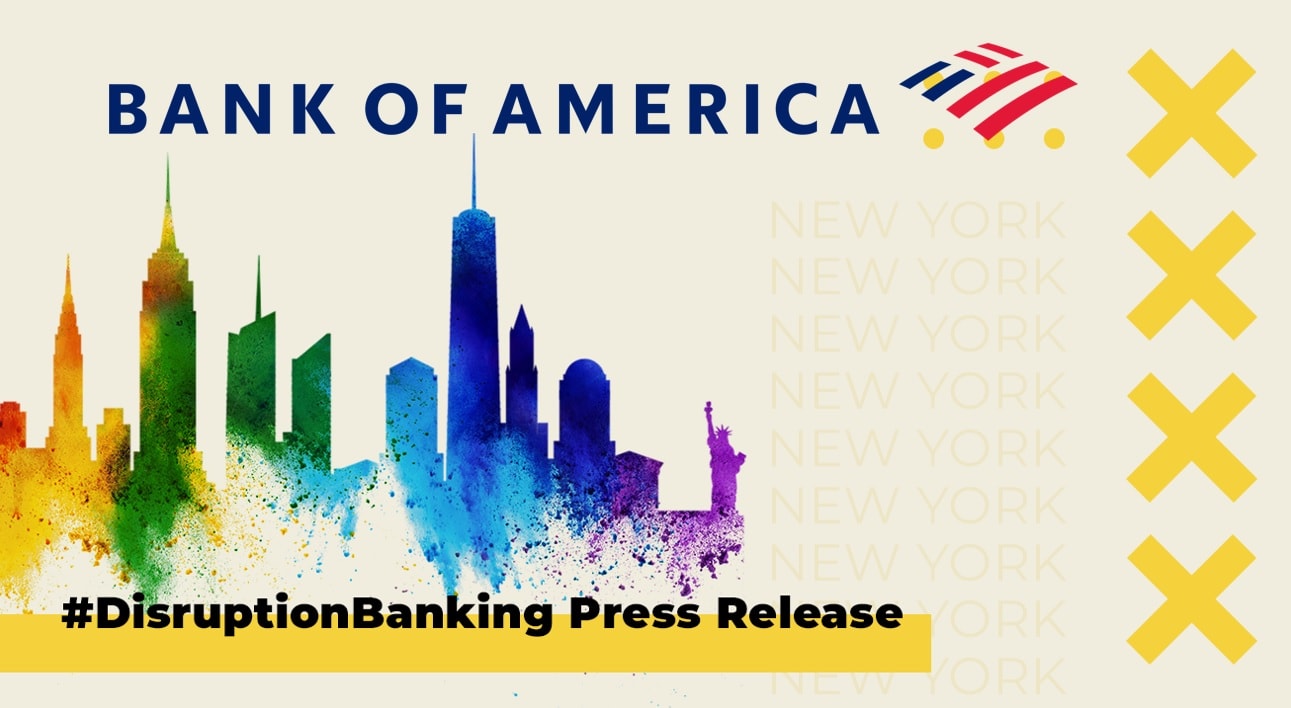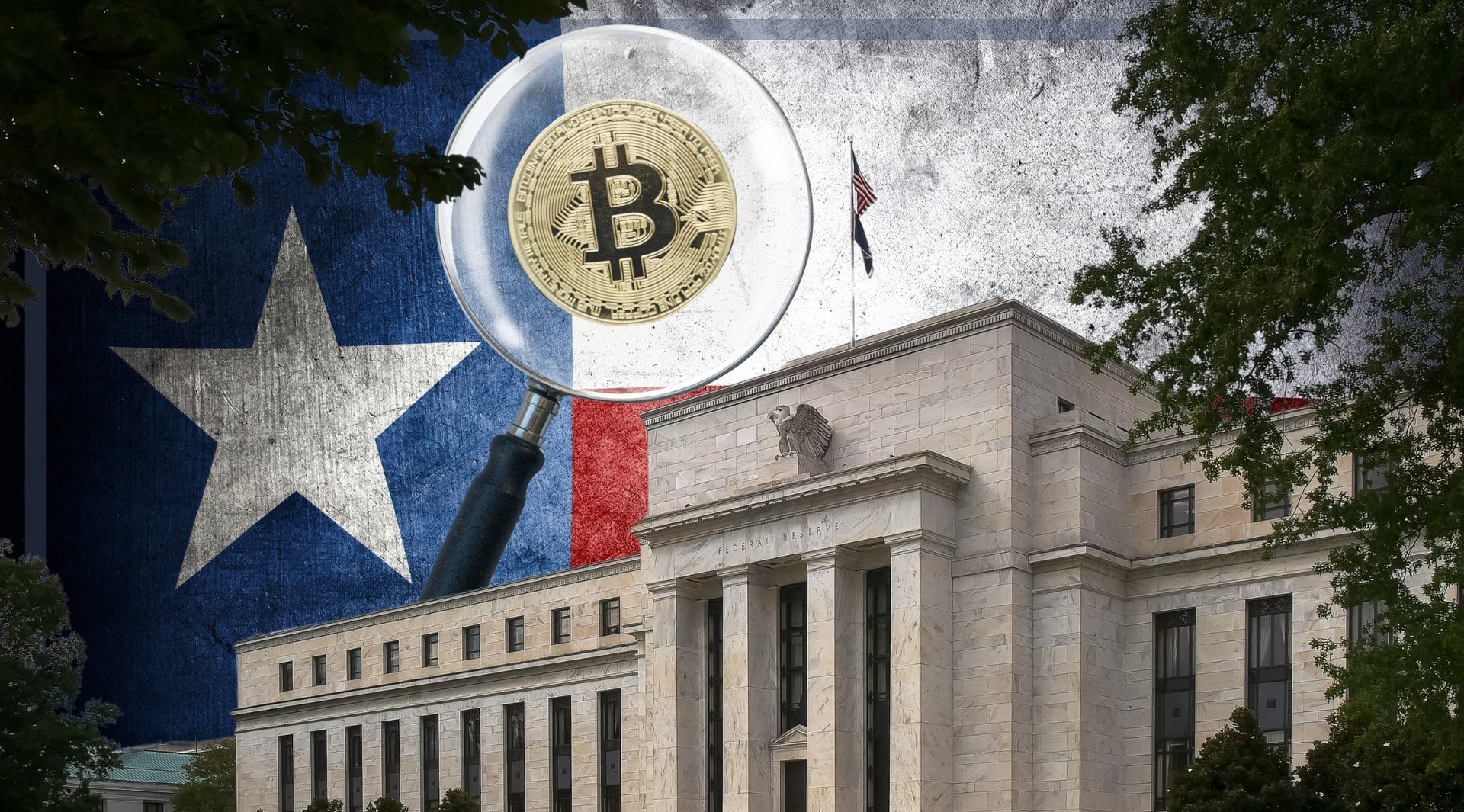New report shows how improved strength and resiliency of the financial sector paved the way for banks to provide economic support and stability
NEW YORK, May 24, 2021 – Financial markets and institutions provided vital support to the global economy during the coronavirus pandemic, a new report out Monday shows.
The report, The Role of Financial Markets and Institutions in Supporting the Global Economy During the COVID-19 Pandemic, shows how financial markets and institutions mitigated the economic impact of the pandemic by helping to stabilize volatile markets, cushioning the initial impact of the economic shutdown, providing much-needed credit and liquidity to customers and helping to rapidly restore confidence.
The report was released by the Financial Services Forum, the Institute of International Finance, and the International Swaps and Derivatives Association.
“It is clear that the decade-long implementation of regulatory reform initiatives has significantly enhanced the strength and resiliency of the financial system and banks,” the report says. “This, in turn, has enabled them to play a constructive role in providing financing, facilitating access to capital and supporting the functioning of key markets during the pandemic.”
The report also recognizes that the swift and decisive actions of central banks, financial authorities and regulatory agencies were critical in stabilizing markets. These funding programs, liquidity support measures and regulatory adjustment measures have played a crucial role in mitigating the economic fallout from the pandemic.
The report assesses the impact of actions by financial markets and large, international banks in the three largest economic regions – the US; Europe, including the UK; and Asia-Pacific, particularly Japan. Key findings include:
- Access to credit: The sharp and sudden reduction in economic activity created an immediate need for financial services – in particular, lending – as companies and governments saw sharp declines in revenue. The initial months of the pandemic were a crucial period and, according to the Bank for International Settlements, total bank credit to non-financial corporations increased globally more than $2 trillion from the end of 2019 to the middle of 2020.
- Ability to raise capital: While bank lending is a critical source of credit and finance in the economy, public securities markets continue to play a fundamental role globally. Global corporate bond issuance increased 66% in 2020 from 2019 and sovereign bond issues increased 36%. This surge was vital given the significant revenue shortfalls, and the need to quickly make additional investments to respond to the needs of the pandemic – such as enacting measures to ensure safe working conditions – as well as supporting a range of important government programs to bolster the economy.
- Secondary markets and market-making: Liquid secondary markets in corporate and government securities are essential to help ensure investors can manage their financial risks at low cost, while reducing the cost to governments and companies of borrowing money. During the pandemic-related market turbulence, there was evidence that some markets experienced relative illiquidity. At the same time, data shows that large banks increased their inventory holdings during this period to support customer trades and built up their securities holdings across an array of sectors and instruments. There was evidence that market making in derivatives and secondary markets strengthened.
- Support for government-related programs: The onset of the pandemic necessitated strong and decisive action by governments across the globe. In many cases, measures taken by governments have been supported by market participants, including large banks, which played a role in facilitating these programs. Moreover, the initial support from the official sector was at times followed by substantial increases in private-sector market activity. Finally, and importantly, banks took considerable steps to provide support to households and businesses by temporarily deferring loan repayments and providing additional support measures during the pandemic.
- Financial system strength and resilience: The past decade of regulatory reform measures ensured the global financial system was extremely well prepared to address COVID-19-related turbulence and volatility. Capital and liquidity positions have been substantially strengthened, and counterparty credit risk has been reduced and mitigated through greater adoption of central clearing and collateralization of exposures. This enhanced resilience has supported banks’ ability to provide credit and financial intermediation to the real economy.
The authors also highlight issues that should be considered by policy-makers and others as they consider ways to ensure markets and firms are better prepared to deal with the next global crisis.
About the Financial Services Forum
The Financial Services Forum is an economic policy and advocacy organization whose members are the chief executive officers of the eight largest and most diversified financial institutions headquartered in the United States. Forum member institutions are a leading source of lending and investment in the United States and serve millions of consumers, businesses, investors, and communities throughout the country. The Forum promotes policies that support savings and investment, financial inclusion, deep and liquid capital markets, a competitive global marketplace, and a sound financial system. Visit our website, fsforum.com, and follow us on Twitter, @fsforum and LinkedIn.
About the Institute of International Finance:
The Institute of International Finance is the global association of the financial industry, with more than 450 members from more than 70 countries. Its mission is to support the financial industry in the prudent management of risks; to develop sound industry practices; and to advocate for regulatory, financial and economic policies that are in the broad interests of its members and foster global financial stability and sustainable economic growth. IIF members include commercial and investment banks, asset managers, insurance companies, sovereign wealth funds, hedge funds, central banks and development banks.
About ISDA
Since 1985, ISDA has worked to make the global derivatives markets safer and more efficient. Today, ISDA has over 950 member institutions from 76 countries. These members comprise a broad range of derivatives market participants, including corporations, investment managers, government and supranational entities, insurance companies, energy and commodities firms, and international and regional banks. In addition to market participants, members also include key components of the derivatives market infrastructure, such as exchanges, intermediaries, clearing houses and repositories, as well as law firms, accounting firms and other service providers. Information about ISDA and its activities is available on the Association’s website: www.isda.org. Follow us on Twitter, LinkedIn, Facebook and YouTube.















